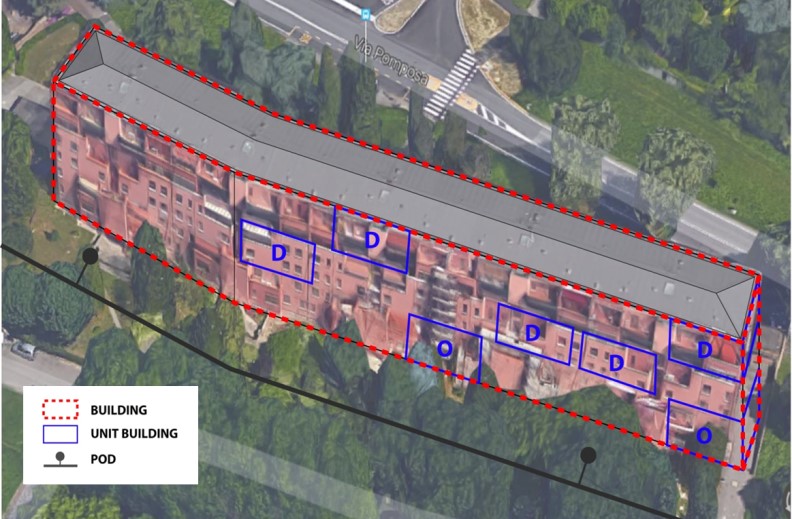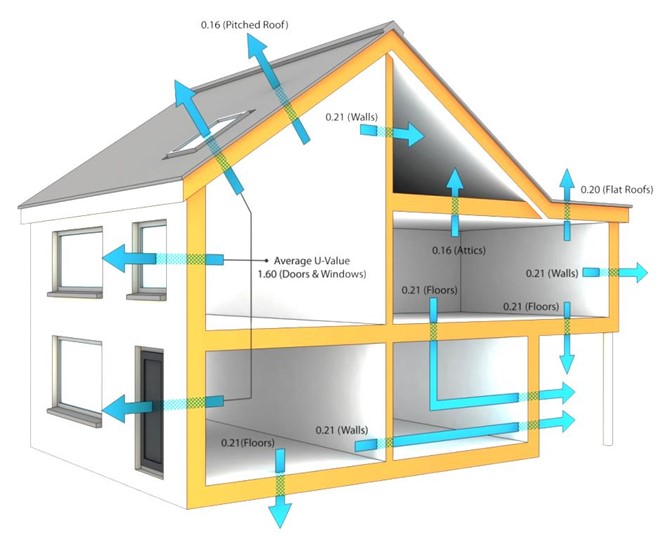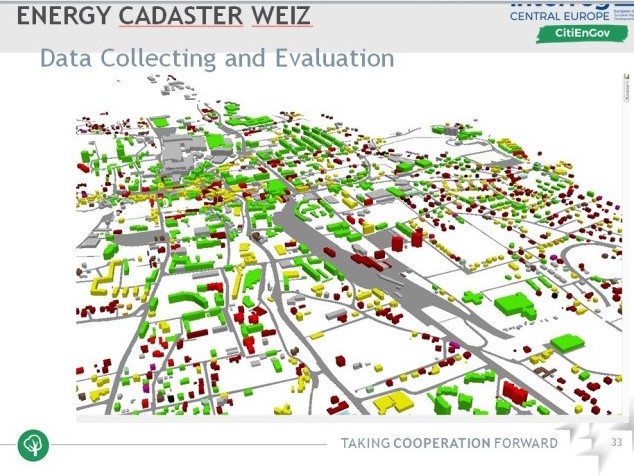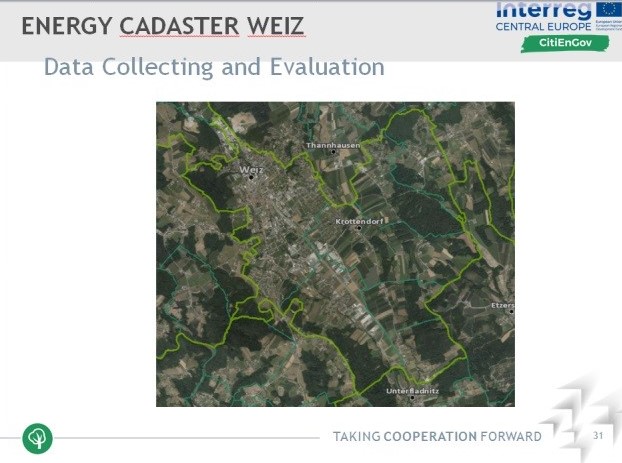Buildings
To be removed
Lorem ipsum dolor sit amet, consectetur adipiscing elit, sed do eiusmod tempor incididunt ut labore et dolore magna aliqua. Ut enim ad minim veniam, quis nostrud exercitation ullamco laboris nisi ut aliquip ex ea commodo consequat. Duis aute irure dolor in reprehenderit in voluptate velit esse cillum dolore eu fugiat nulla pariatur. Excepteur sint occaecat cupidatat non proident, sunt in culpa qui officia deserunt mollit anim id est laborum.
This section is structured into:
- Best practices (buildings): it contains examples of best practices about data, ICT and organizational issues related to the theme Buildings
- Technical guidelines (buildings): it contains reference information about energy data in the different regions of CitiEnGov and ...
- Templates (buildings): it contains ...
Contents
Italy (1)
Practice:
Energy management system in the city of Ferrara
Location:
Municipality of Ferrara, Italy
Description:
Municipality of Ferrara showed the use of data at municipal level for implementation of energy strategies. The importance of energy data is linked to urban planning and environment, especially to specific actions, from refurbishment of public buildings to planning and monitoring activities. Collected energy data and software can used to match planning needs and public administration processes, enabling a better energy performance in a medium/long-term period.
The images show collection and harmonization of data at local level. Collection of energy data in buildings and spatial information like shape, height, number of units, volume, age, type, energy consumption, heating system types.


Austria
Practice:
Energy management system in the city of Weiz
Location:
City of Weiz, Austria
Description:
Working consequently on energy issues and having energy data at municipal level is what Weiz has set up to do. The city of Weiz has decided to work with real data based on the size of the city of having about 11.300 inhabitants and about 450 energy supplied buildings. Having a good energy data basis is a result of (1) a survey of private households in the year 2013-2014, (2) the adjustment of this field research with existing data in the municipality and (3) the adjustment with statistics. The main challenge regarding energy management are (1) keeping the level of data quality (actualizing the data), (2) harmonizing them with existing data of the municipality (different tools and data basis) and (3) identifying/developing the “right” tool that could include future issues. Link: http://www.weiz.at/ 

Italy (2)
Practice:
Collaboration between SIPRO, Dedagroup, Municipality of Ferrara and ELISE Action project
Location:
Municipality of Ferrara, Italy
Description:
The ELISE Action is a package of legal/policy, organisational, semantic and technical interoperability solutions to facilitate efficient and effective electronic cross-border or cross-sector interaction between European public administrations and between them and citizens and businesses. The collaboration between CitiEnGov project partners and ELISE Action will address issues on energy data and undertake activities related to collection of energy data. In this context, the Municipality of Ferrara ( who is associated partner in CitiEnGov) together with the project lead partner SIPRO and supported by Dedagroup will collect spatial and energy-related data that is of interest for the ELISE energy pilot, in particular for the Use Case 2 (Implementation of different buildings’ Energy Performance Labelling schemes), aiming at developing different geo-processing services to automatically calculate the “energy labels” of buildings based on spatial information and basic attributes such as volumes and surfaces. Link: http://inspire-sandbox.jrc.ec.europa.eu/energy-pilot/use-case-1/webapp/